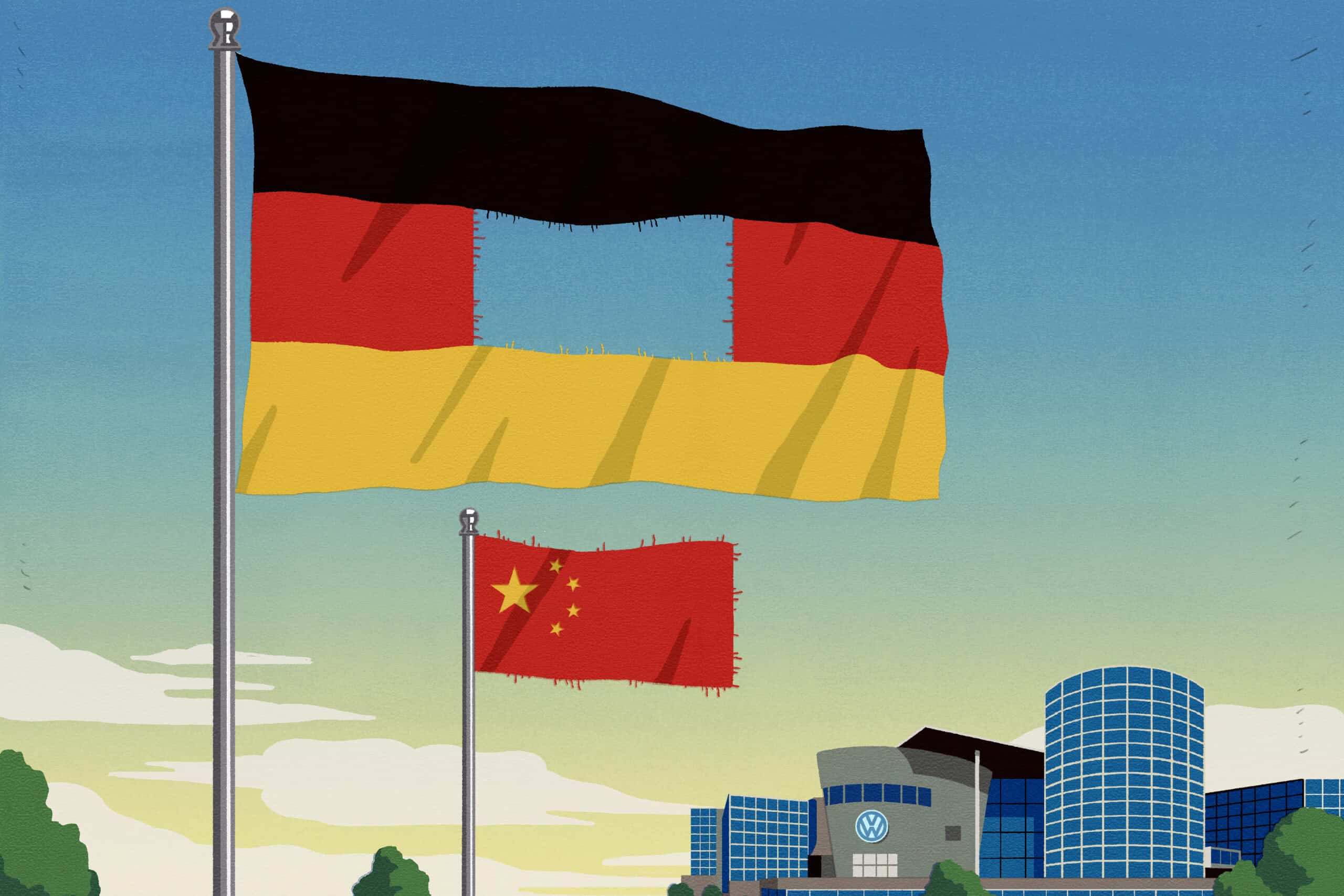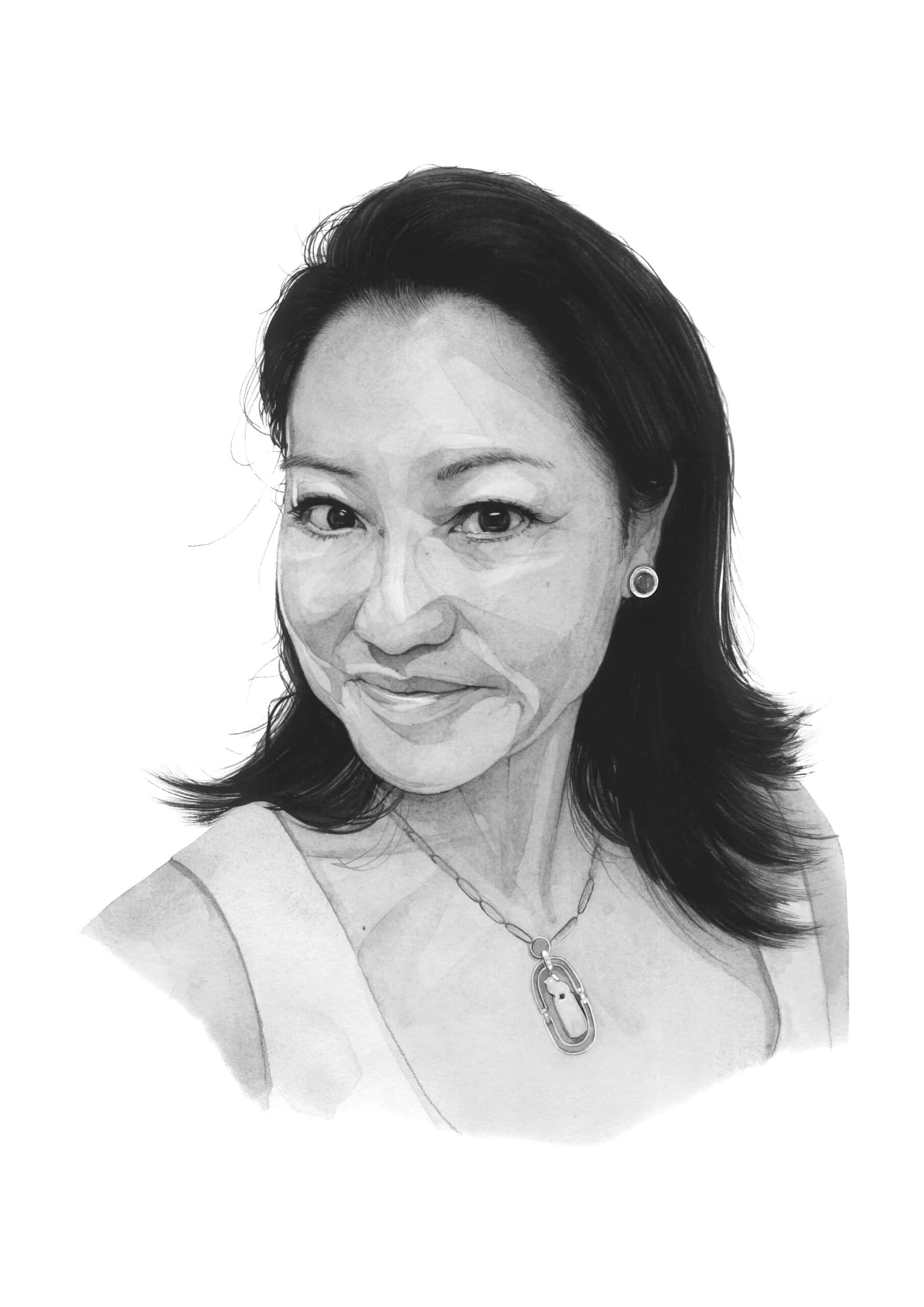Good evening. Much has been made (including by us) about how different China is today from its first time hosting the Olympics, in 2008. But while these material changes are certainly true, longtime China expert Orville Schell also sees plenty of consistency in China’s Leninist model. His reflection on China’s penal system — what he calls its “durable gulag” — is a unique cover feature for us, and we think you will find it to be both thrilling and poignant. Elsewhere, we have infographics on Huawei’s investment fund, Hubble Technology; an interview with Mark Dreyer on the status of China’s sports scene; an op-ed from Scott Kennedy on why the U.S. diplomatic boycott is a strategic win; and an op-ed from Kent Harrington on China’s role in the South China Sea’s environmental crisis. If you’re not already a paid subscriber to The Wire, please sign up here.
Want this emailed directly to your inbox? Sign up to receive our free newsletter.
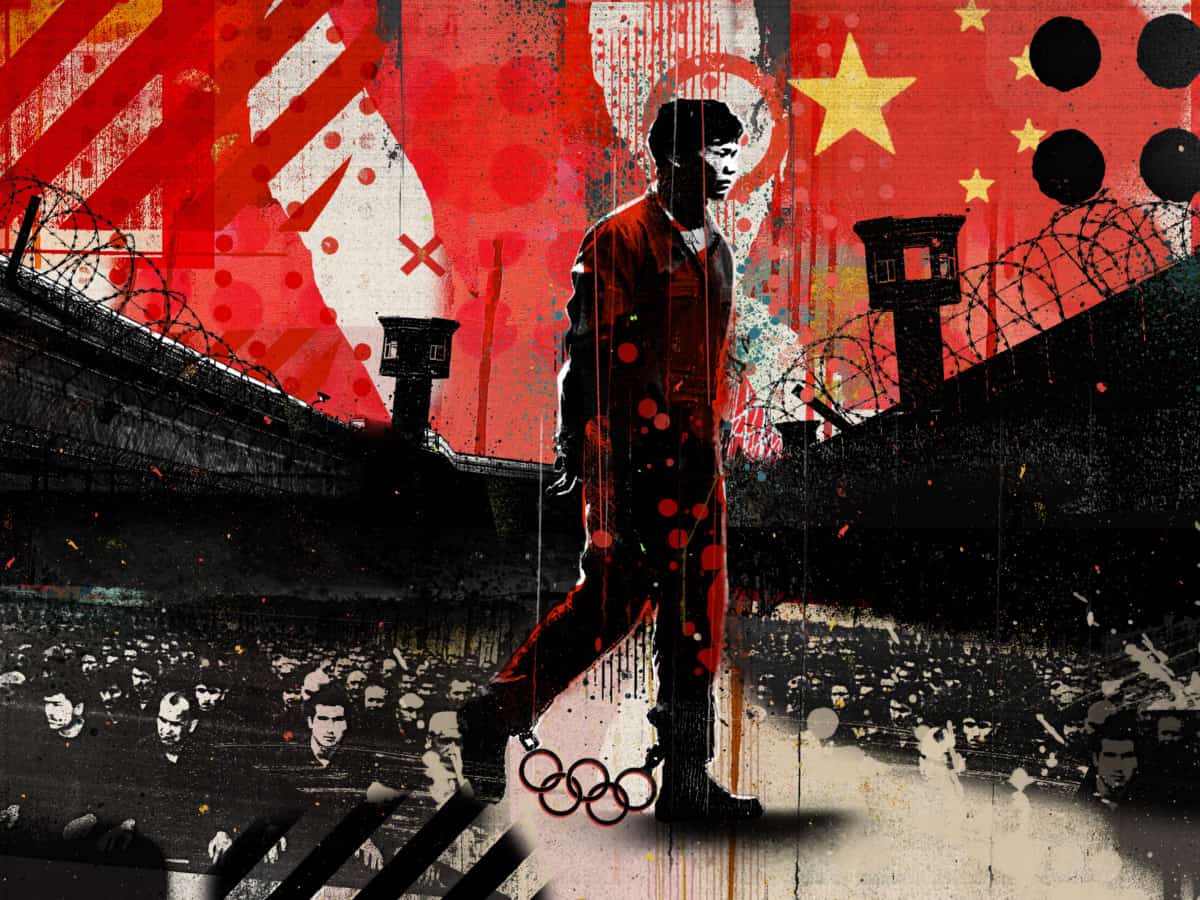
Changeless China?
In 1991, Orville Schell undertook an unlikely project for CBS’s 60 Minutes: helping Chinese dissident Harry Wu infiltrate some of the prison camps in which he’d languished as a political prisoner for 19 years. Schell kept a diary of the risky endeavor, and by sharing it today, three decades later, he hopes to show readers how China’s penal and forced labor systems have not only endured, but have evolved, modernized and expanded.
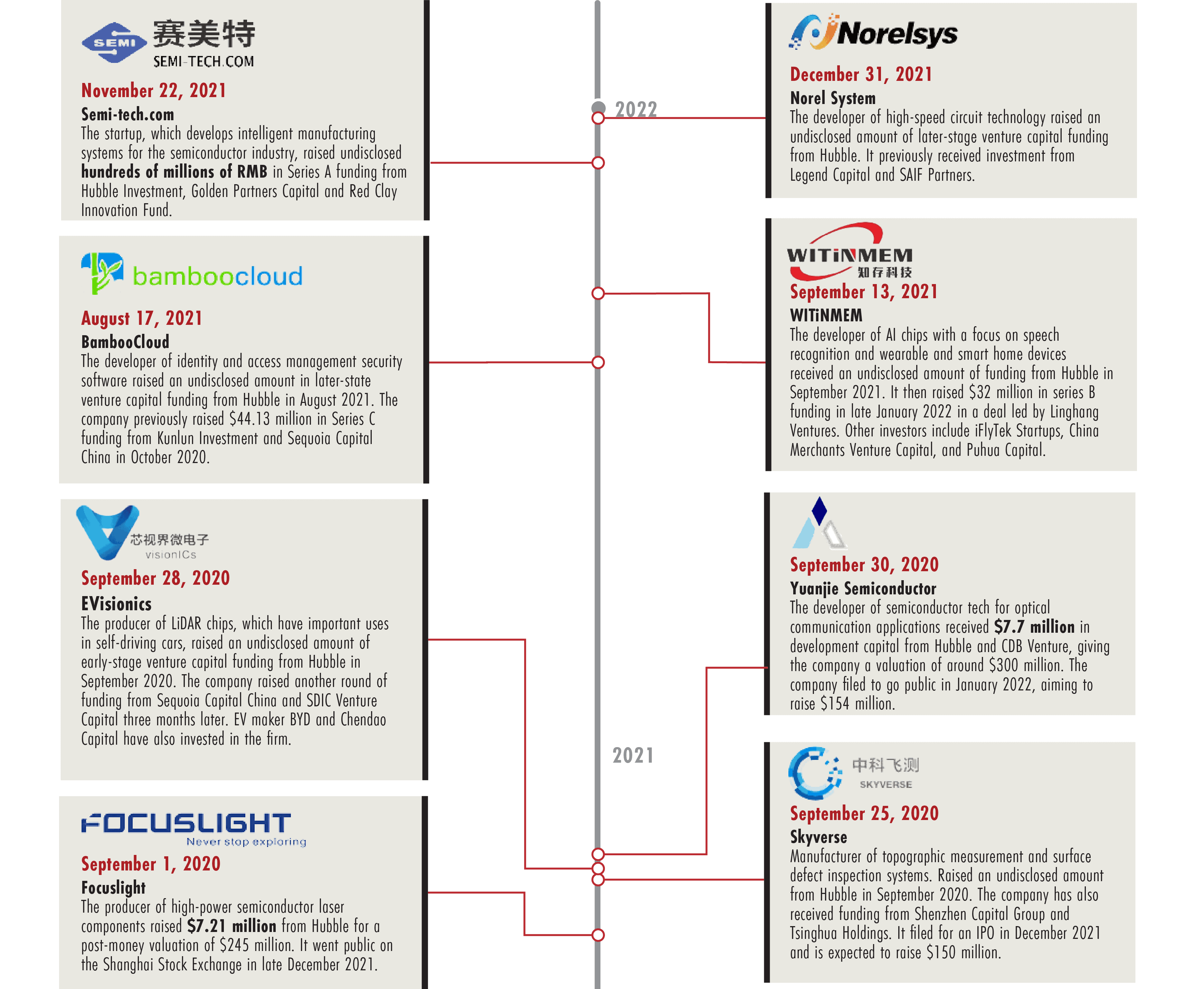
The Big Picture: Who is Hubble Technology?
The supply chains of Chinese telecoms giant Huawei have been crippled by U.S. sanctions over the past couple of years. Now it’s fighting back at home, thanks in part to an investment spree carried out by its wholly-owned fund, Hubble Technology Venture Capital. This week, The Wire’s infographics by Eliot Chen look at Hubble Technology and how it’s helping Huawei invest its way out of its financial woes.
A Q&A with Mark Dreyer

Mark Dreyer is a journalist and founder of China Sports Insider, a news website that covers China’s sports industry. Based in China since 2007, his book, Sporting Superpower: An Insider’s View of China’s Quest to Be the Best, follows developments in China’s burgeoning sports industry since the 2008 Summer Olympics. In this week’s Q&A with Eliot Chen, he talks about the status of China’s sports scene, including what it’ll take for China to deem this Olympics a success, the boom-bust cycle of Chinese soccer, and if Eileen Gu will be able to play both sides.
Mark Dreyer
Illustration by Lauren Crow
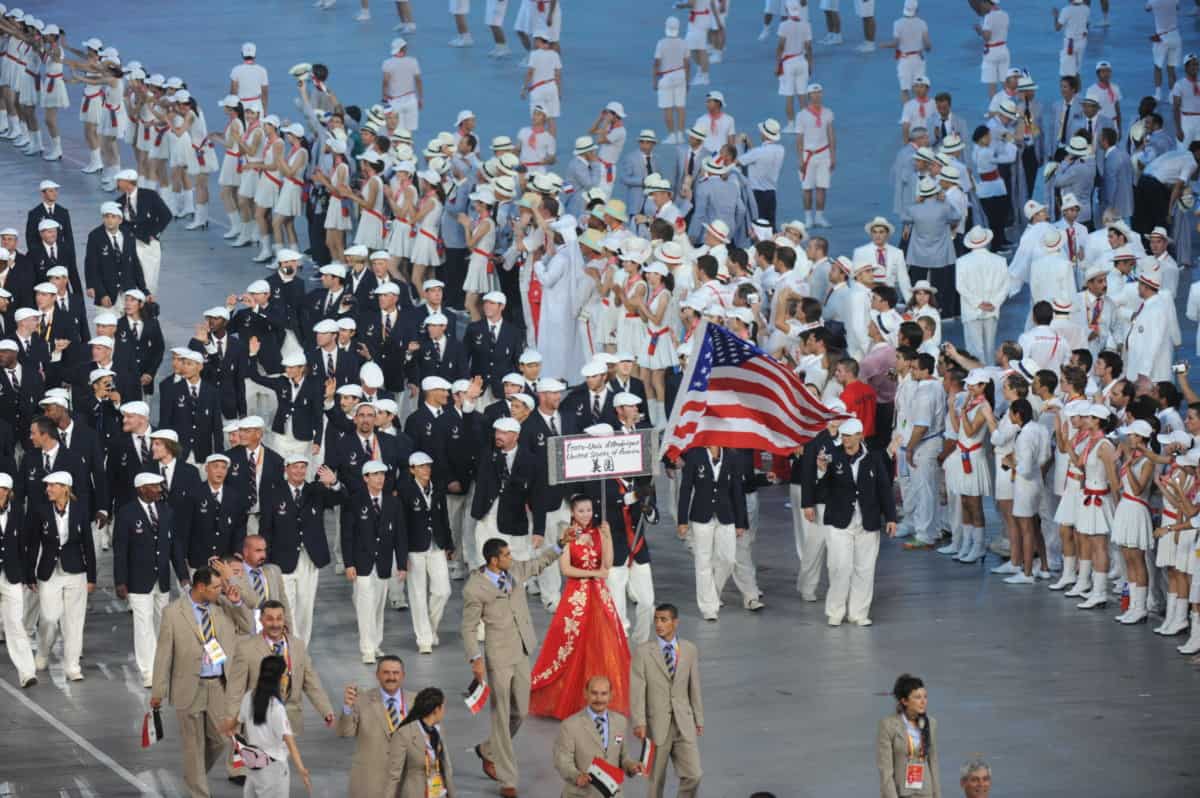
Competing on Our Terms
Some view the U.S.’s diplomatic boycott of the Beijing Olympics as a lukewarm, watered down protest. But as Scott Kennedy argues in this op-ed, the diplomatic boycott is not only wise politically, it also turns out to be a winning strategic choice. A diplomatic boycott, he argues, will be more effective in advancing human rights and American values than had the entire U.S. delegation stayed home.

The South China Sea’s Environmental Crisis
In an op-ed, Kent Harrington, a former senior CIA analyst, highlights an important new book that shows that China’s aggressive behavior in the South China Sea is not only creating regional tensions but also destroying the ecosystem upon which hundreds of millions of people rely. Worse, Harrington says, China has refused to play any constructive role in solving the problem it has helped create.
Subscribe today for unlimited access, starting at only $19 a month.

